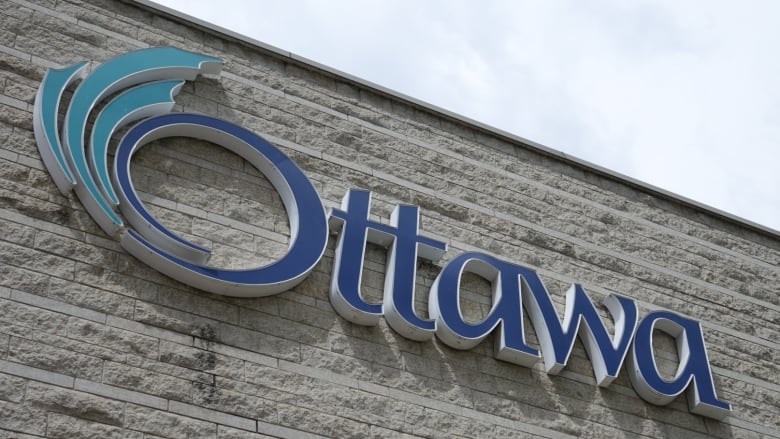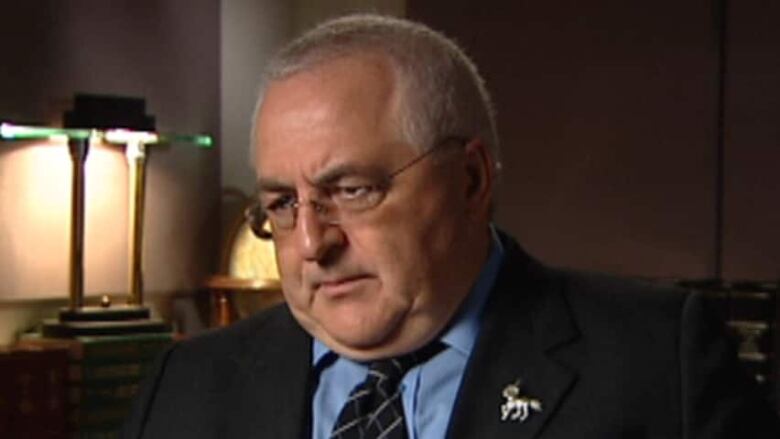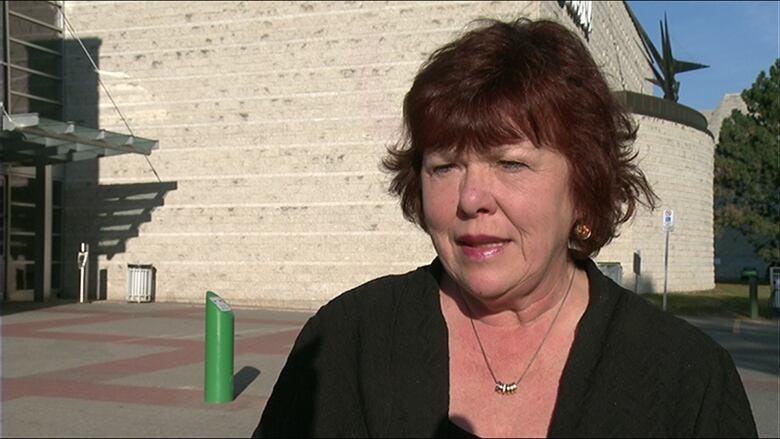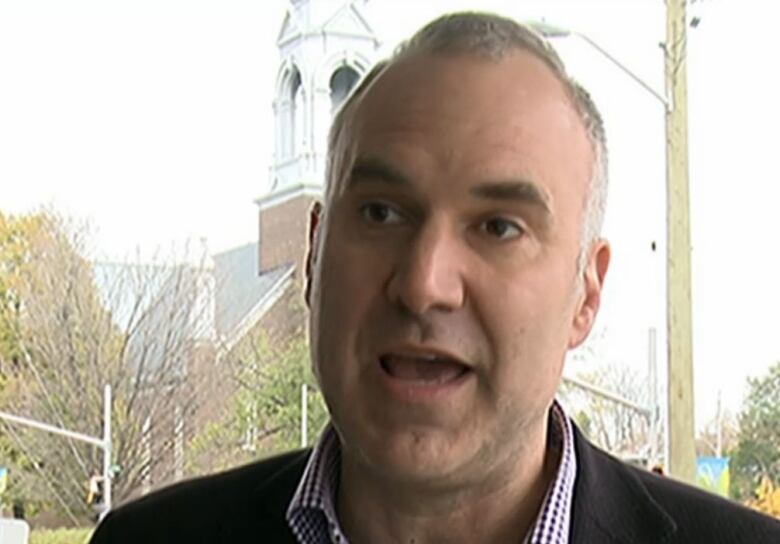Ottawa councillors unrattled by ban on corporate campaign contributions
Biggest recipients of corporate fundraisers insist they're not worried about new contribution rules for 2018

In theflurry of end-of-session activity at Queen's Park, amidst a cabinet shuffle and a $1-billion announcement for the second phase of Ottawa's LRT project, an update to the Municipal Elections Actpassedwithout much fanfare.
But the legislationwas amended in ways that could have a big impacton the next round of civic elections in 2018.
Changes include:
- Allowing municipalities to use ranked-ballot voting in the next election.
- Regulating third-party paid advertisements in support or against candidates or referendum questions.
- Shortening the campaign period.
But it's the banning of corporate andunion donations that is arguably the biggest change. These types of donations have long been controversial. This marks the first time they'vebeen banned in Ottawa, and for councillors who have relied heavily on corporate donors there are relatively few union donors raising money in 2018 could be quite different.

KanataSouth Coun. Allan Hubleywasn't the biggest fundraiser among his council colleagues, but he did raise a whopping 59per cent of his $22,360 in contributionsfrom corporate donors. About 57 per cent ofBarrhaven Coun. Jan Harder's fundraising came from corporations. And corporate donations accounted for about half of the money raised by OsgoodeCoun. George Darouze, Beacon Hill-Cyrville Coun. Tim Tierney, Cumberland Coun. Stephen Blais andGloucester-SouthgateCoun. Diane Deans.
Not worried, councillorsinsist
Mayor Jim Watson, who hashistorically arguedagainst the ban, accepted it when the province imposed it. He told CBC that it was fair because it would be imposed on all municipalities in Ontario, creating a level playing field. This makes no sense, of course, as Watson is not running against mayoral candidates in, say, Hamilton or North Bay.
It's not something I lose any sleep on at all.- Barrhaven Coun. Jan Harder
And should he run again in 2018, he likely wouldn't have too much trouble raising cash from individual donors. Of the $397,718 Watson raised in 2014, only 24 per cent came from corporations.
Indeed, thecouncillors we spoke withinsist the ban won'tnegatively affect them if they run for re-election.
"Given the amount of money that I've raised over the last 30 years for community groups and charities, I can put those skills to good use come election time," Hubley wrote in an email.

"These are people that live in this town and can contribute under their own name if they wish to do so," said Harder. "I don't see a big change in that regard. And it's not something that I lose any sleep on at all."
Blaisagreed, adding that most companies involved in municipal politics are family-owned, and the executives of these corporationsmay be more likely to donate on a personal level.
Still, it's not clear that executives will be willing to personally cover the gap that the corporate donation ban will leave. For example, Ottawa Senators presidentCyril Leederdonated $250 to Harder's campaign, while Capital Sports & Entertainment Inc,which owns the team,donated $300.
Now that Capital Sports is no longer able to contribute, is it reasonable to presume that Leeder will donate $550 personally to a single candidate? And remember, Harder isn't the only one to whom Leeder and Capital Sports donatedin the last election.
Blais also pointed out that a shortened campaign period requires fewer dollars, which should help all candidates. At a personal level, he's not concerned.
"I raised almost $20,000 in personal donations both in this most recent election but also in my first election in 2010," he said. "So I do have a strong base of personal supporters who are willing to contribute."
Resistance to corporate donation ban
Although some politicians have argued for a ban for some time former councillorAlex Cullen comes to mindcouncils who have been elected using corporate and union donations have been loathe to nixthose sorts of contributions.

Watson and others have argued that corporations are important players inthe city, and hence should be able to contribute to election campaigns. They have also argued that banning corporate donations would make the process less transparent, as voters usually recognize company names but wouldn't always recognize whether individual donors are connected tocompanies.
Councillors have also defended corporate donations because ofthe cost of election campaigns, which vary ward by ward, but are generally in the $30,000 range. A mayoral race can cost about $500,000.
Corporations do contribute to city lifeand pay property taxes so there'sa valid argument to be had overwhether a corporation is a "citizen." But the rest of the arguments against the ban are flimsy.
Avoids doublingcontributions
Corporate donations are not necessarily more transparent. Darouze, for example, received five donations from numbered companies, making those corporations effectively anonymous.
As for the argument that fewer people will recognize the names of corporate executives instead of the company names, perhaps. But as it stands now, there are countless examples where a corporation and its executives donate to the same candidate, which allows multiple contributions by the same interests. Banning corporate donations will, at the very least, eliminate that double-donating by a company and its CEO.
The ban will also wipe out possible rule breaking that is not enforcedby the province. In 2014, for example, developer DCR Phoenix donated a total of$10,000 to 17 candidates. That's double the allowable amount of $5,000. The contravention wasdiscovered by local activists. So what happened to DCR Phoenix? Nothing. No fine, no penalty, no nothing.
In another instance, three nominally separateCavanaghcompanies each gave $750 the maximum allowable donation to Innes Coun. Jody Mitic. Ifthose companies are related, as defined by the Income Tax Act,then Cavanagh broke the rules. But it's almost impossible to find out if private companies are relatedunless someone from those companies admits it.
No provincial body is checking into this. Banning all corporate donations closes this loophole, eliminating the over-contribution of corporations by eliminating them altogether.
Corporate-free campaigning nothing new
As for campaigns being expensive, many candidates have beenable to run successfully for office without corporate and union donations. In Toronto, theyhaven't been allowed in the last two municipal elections there.
A number of Ottawacouncillors won in 2014 without corporate and union donations, including Nussbaum, Somerset Coun. Catherine McKenney,KitchissippiCoun. Jeff Leiper and West Carleton-March Coun. Eli El-Chantiry.

But while the new rules will ban the companies, individuals connected to those corporations will still be free to donate.
NeilMalhotraofClaridgeand Ted Phillips ofTaggarthosted Watson's single-biggest fundraiser in 2014, where the mayor collected $52,600 from development types. That sort of fundraiser will still be allowed, as long as the donations are made in individuals' names.
Or takeHubley's2014 contributions:Heraised most of his 2014 contributions from corporations. But it also appears that nine of his 10 individual donations were from people connected to companies who do business with the city, mostly in the development sector. Those contributions will still be allowed in spite of the changes to the legislation governing municipal elections in this province.












_(720p).jpg)


 OFFICIAL HD MUSIC VIDEO.jpg)
.jpg)



























































































